Our goal is to prioritize your health and provide you with comprehensive healthcare services. Under the assurance of modern medicine, we await you for the early diagnosis and effective treatment of diseases.
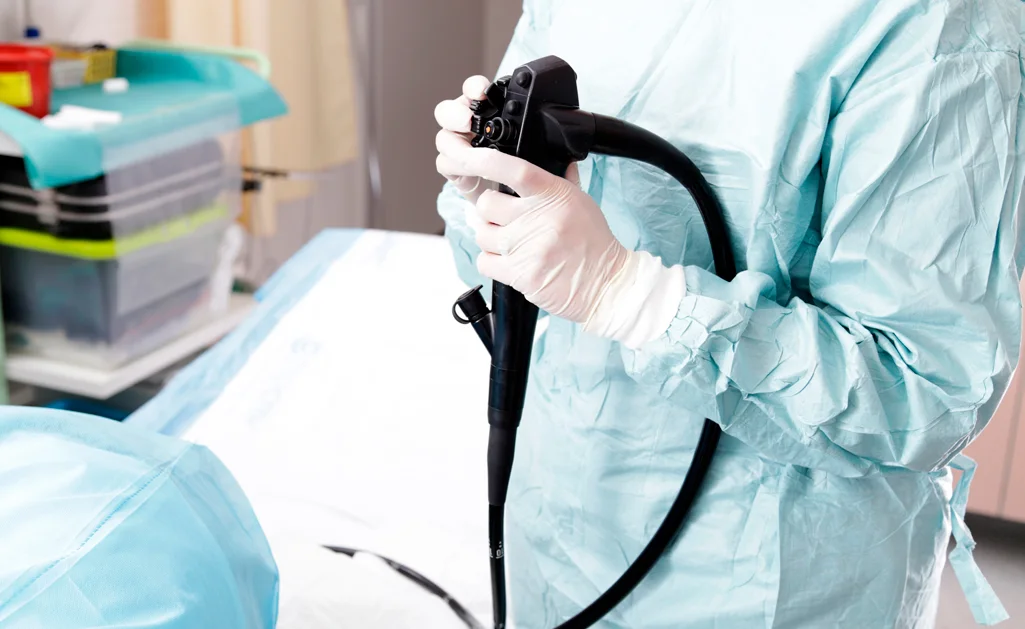
Endoscopy Gastroscopy (Upper Gastrointestinal Endoscopy)
Gastroscopy is an endoscopic method used particularly for evaluating complaints related to the esophagus and stomach.
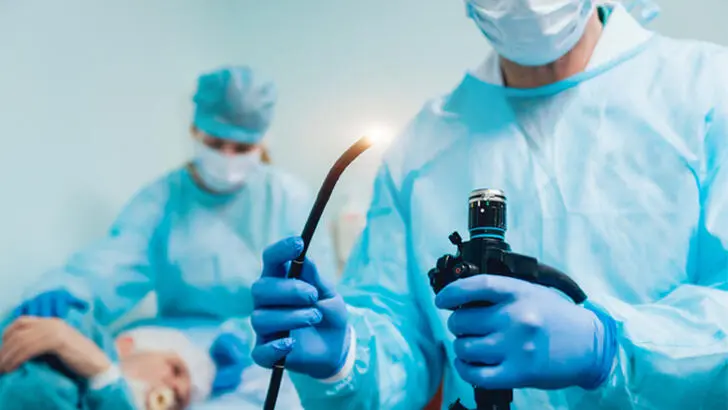
Colonoscopy
(Lower Gastrointestinal Endoscopy)
Colonoscopy is an endoscopic procedure in which the entire colon (large intestine) is examined using a flexible tube passed through the anus, with a camera at its end.
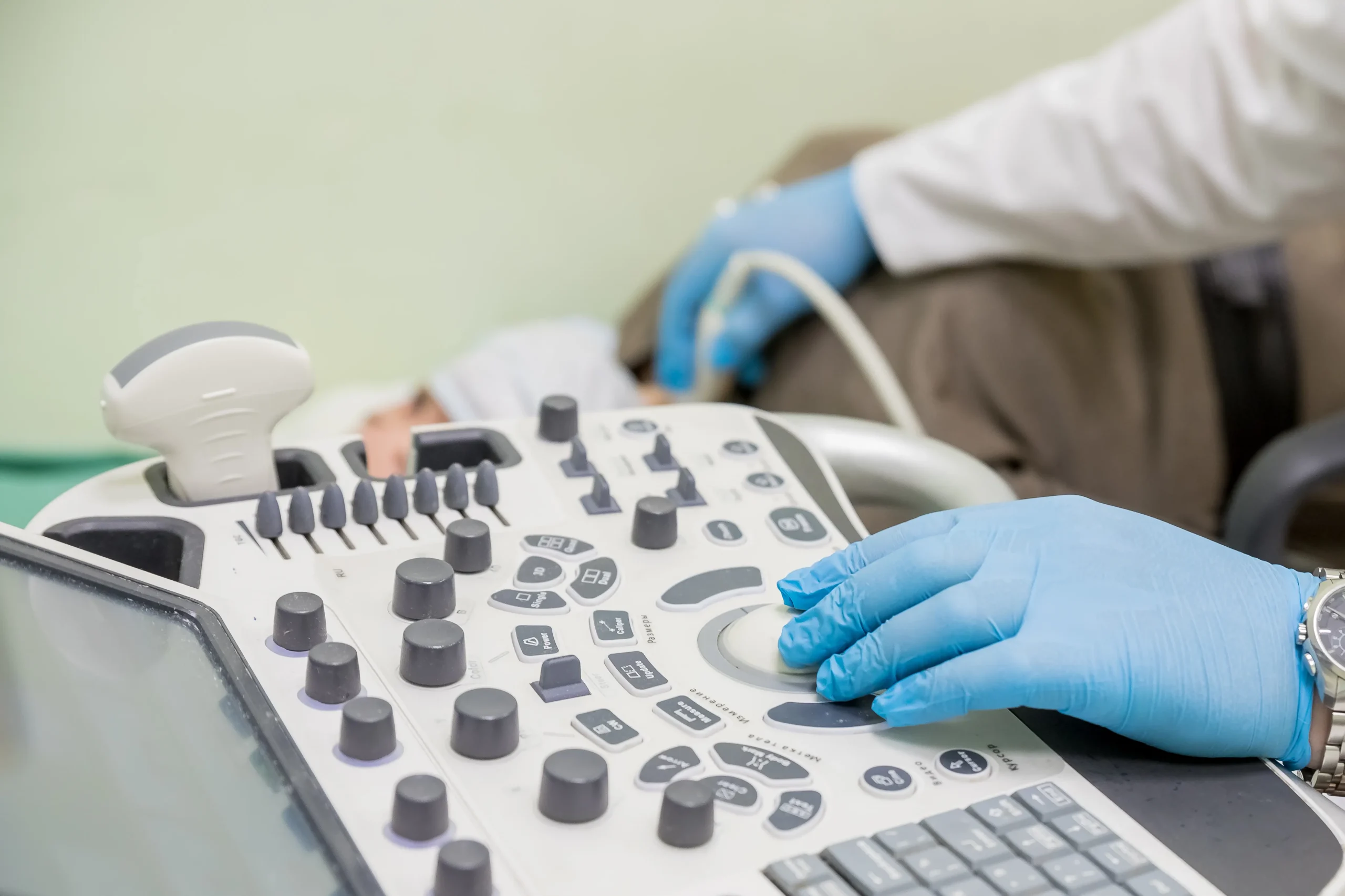
EUS
(Endoscopic Ultrasound)
EUS is a specially developed endoscopic method used to examine the outer part of the digestive tract wall with ultrasound. There is an ultrasound probe at the end of the endoscope.
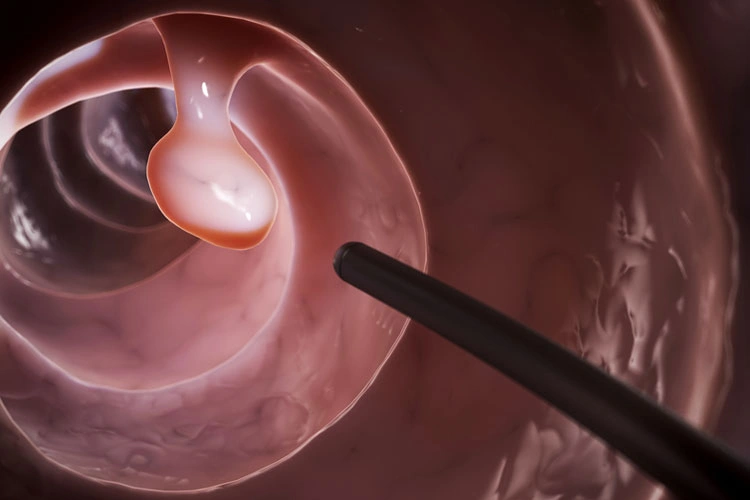
Polypectomy
Polypectomy is the process of removing various-sized, surface-elevated, pedunculated or non-pedunculated benign tumors found in the stomach and colon through endoscopy.
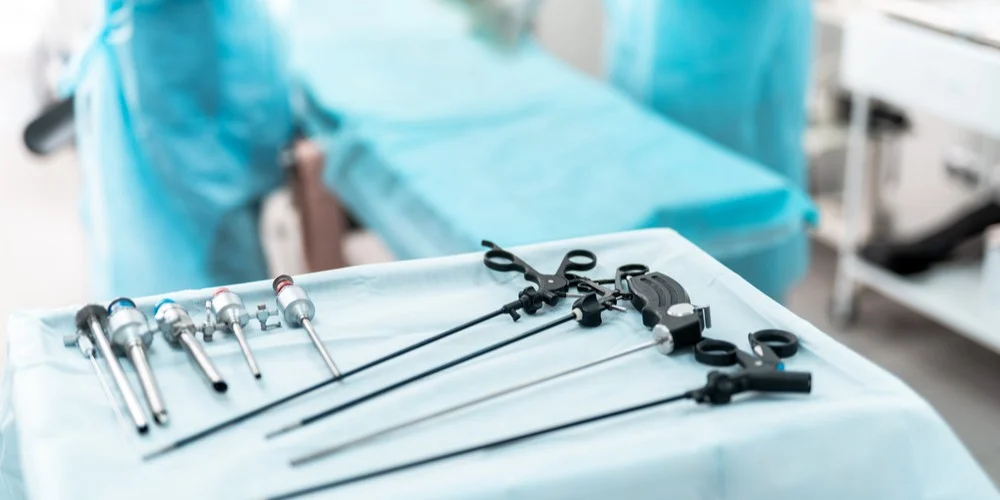
EMR (Endoscopic Mucosal Resection)
Removal of superficial/early-stage tumors detected in the esophagus, stomach, and colon without the need for surgery, using an endoscope.

ERCP (Endoscopic Retrograde Cholangiopancreatography)
ERCP is a diagnostic procedure for the examination and treatment of the pancreas and bile ducts.

PEG (Percutaneous Endoscopic Gastrostomy)
PEG involves the insertion of a feeding tube into the stomach through the abdominal wall.
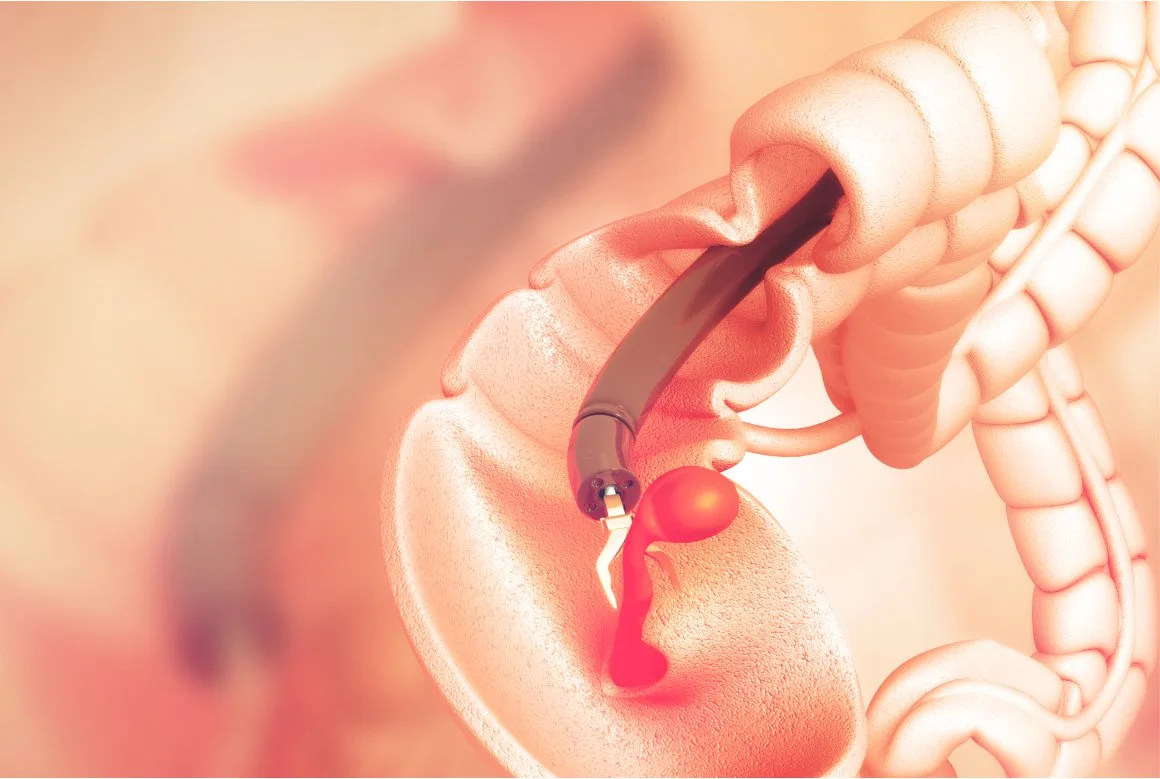
Colon Cancer Screening
Colon cancer is the third most common cancer among the causes of cancer in our country.
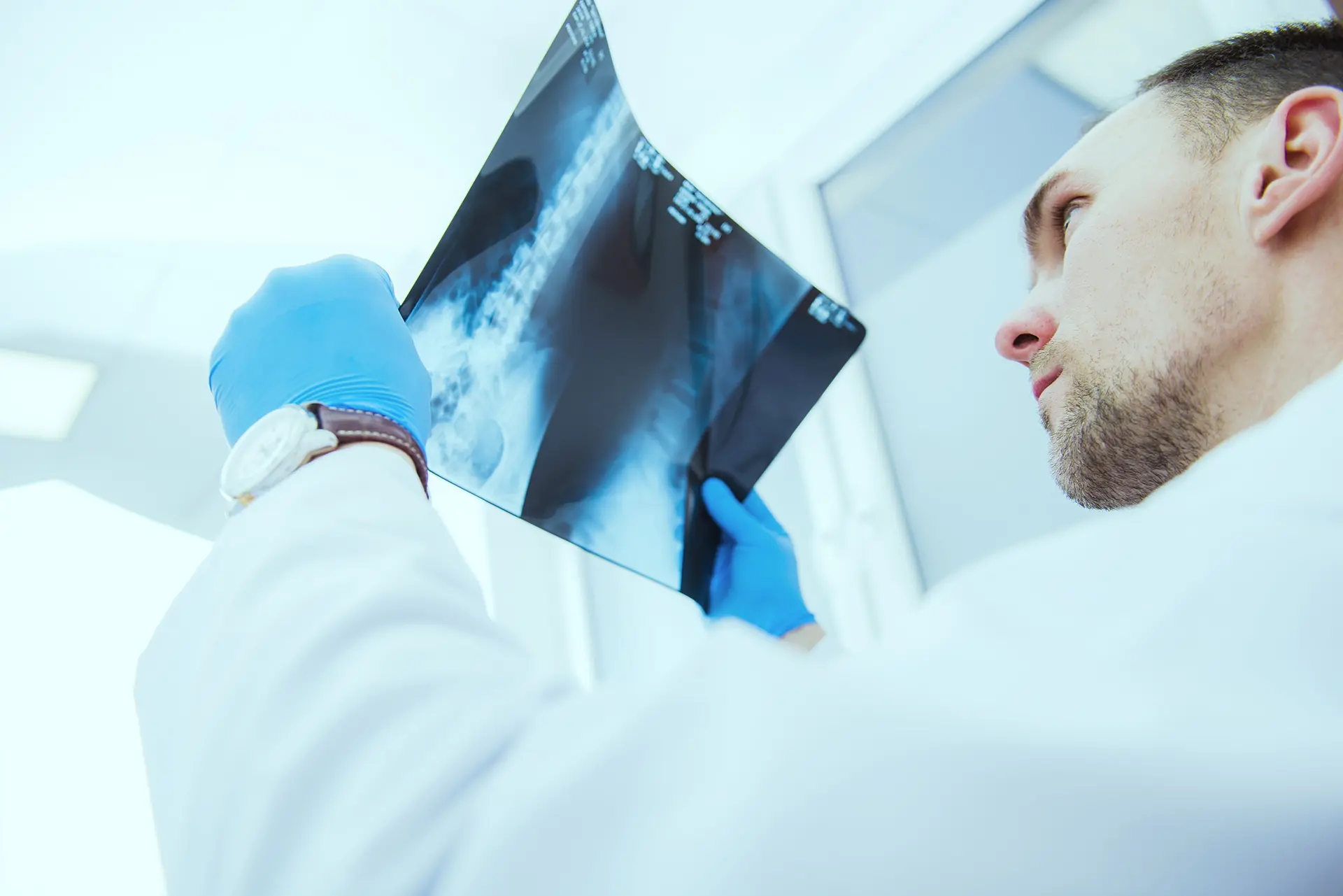
Early Diagnosis of Gastrointestinal Cancers
Esophageal, stomach, and colon cancers can be diagnosed in the early stages. The experience and knowledge of the doctor performing endoscopy, as well as the features of the endoscope used, are crucial in early diagnosis.
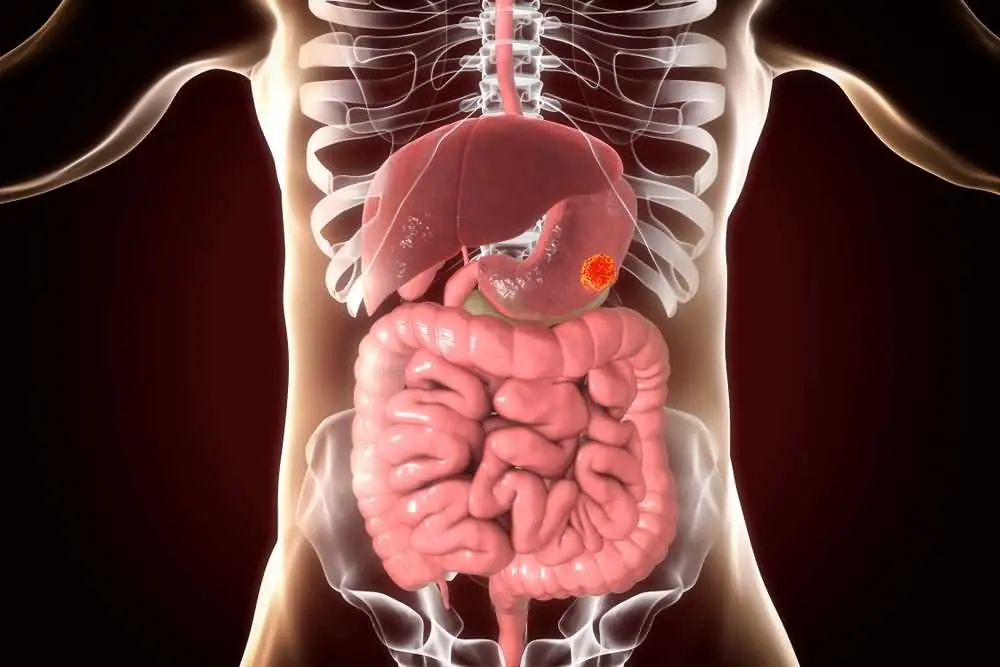
Gastritis, Helicobacter Pylori, and Stomach Cancer
Gastritis is inflammation of the gastric mucosa, most commonly caused by Helicobacter pylori infection.
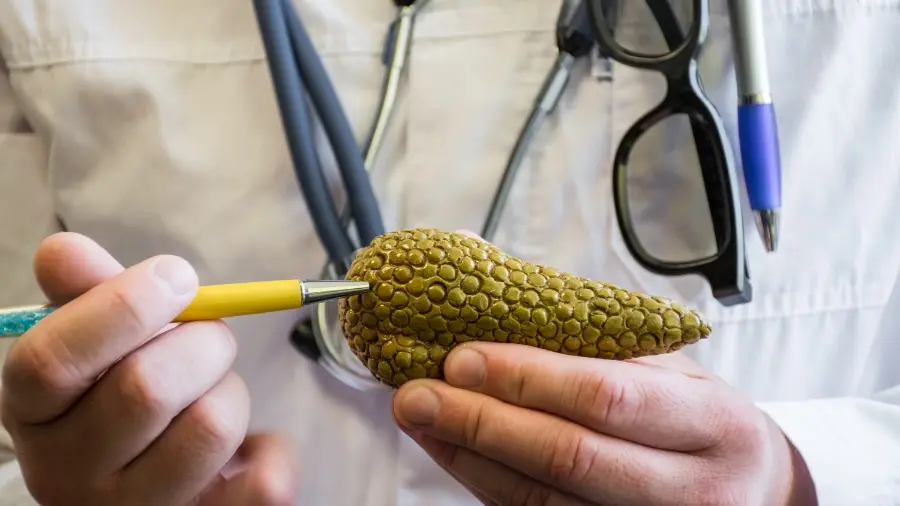
Pancreatic Cancer
Unfortunately, the incidence of pancreatic cancer has been increasing in recent years.

Pancreatic Cysts
Pancreatic cysts are fluid-filled structures, and most of them are non-cancerous.

Esophagus and Stomach Subepithelial Tumors
Tumors that (usually) develop from tissues in the esophagus (food pipe), stomach, small intestine, and the wall of the colon are generally benign.

Pancreatic and Biliary Tract Diseases
Inflammation of the pancreas gland is called pancreatitis, which occurs in two forms: acute and chronic. Acute pancreatitis is a sudden, severe abdominal pain that starts and is an emergency condition characterized by an increase in amylase and lipase levels in the blood.
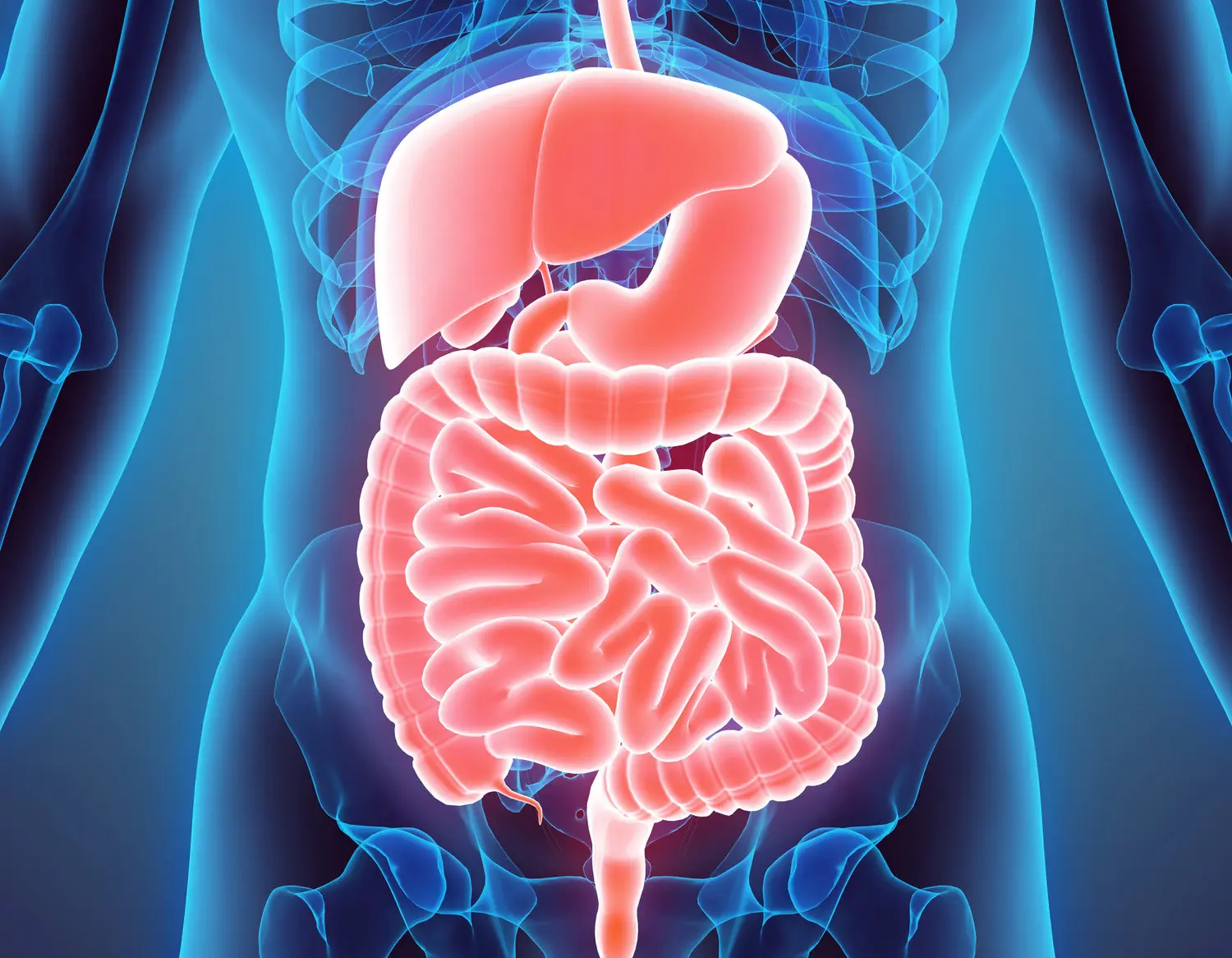
Inflammatory Bowel Diseases (Ulcerative Colitis, Crohn’s)
Health problems that cause chronic inflammation of the intestines, including two main types known as Ulcerative Colitis and Crohn’s disease.
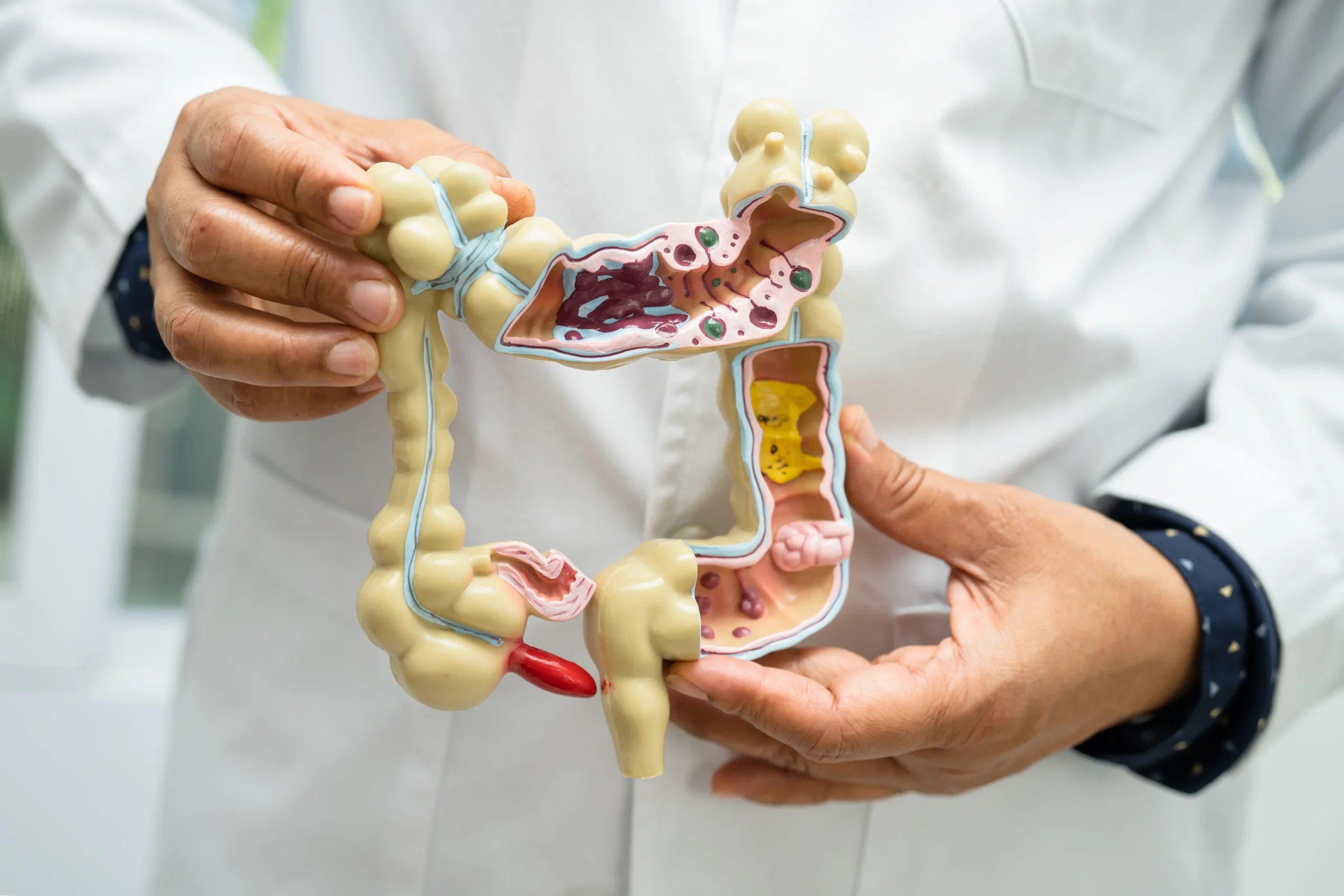
SIBO
SIBO is an abbreviation for the excessive growth of bacteria in the small intestine. It involves the overgrowth of various types of bacteria that should normally be in the large intestine.

Gastroesophageal Reflux Disease (GERD)
GERD is a condition where the contents of the stomach flow back into the esophagus. Treatment is important because long-term reflux can lead to esophageal damage and other serious complications.
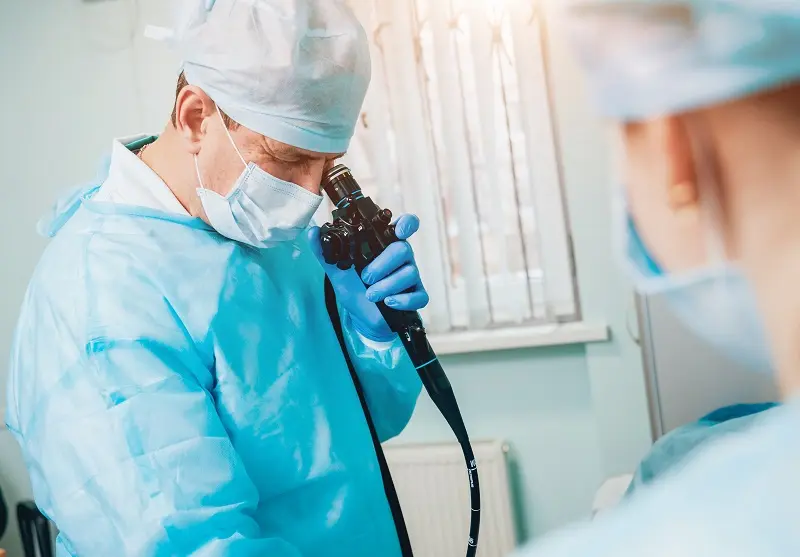
Gastroscopy (Upper Gastrointestinal Endoscopy)
Examination of the esophagus, stomach, and the beginning of the small intestine (duodenum) through endoscopy.
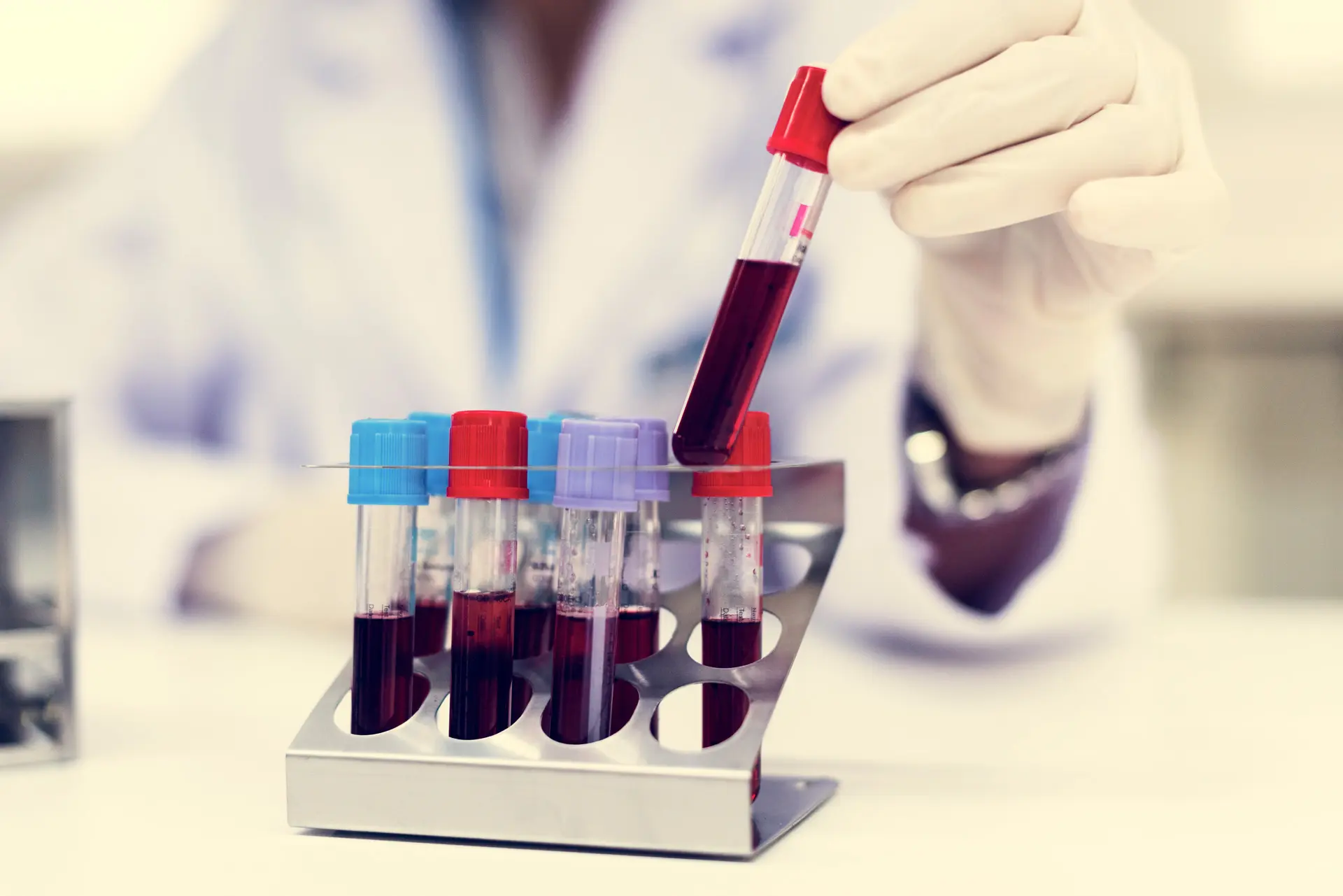
Chronic Pancreatitis
In chronic pancreatitis, there are progressive inflammatory changes that cause permanent structural damage to the pancreas.
